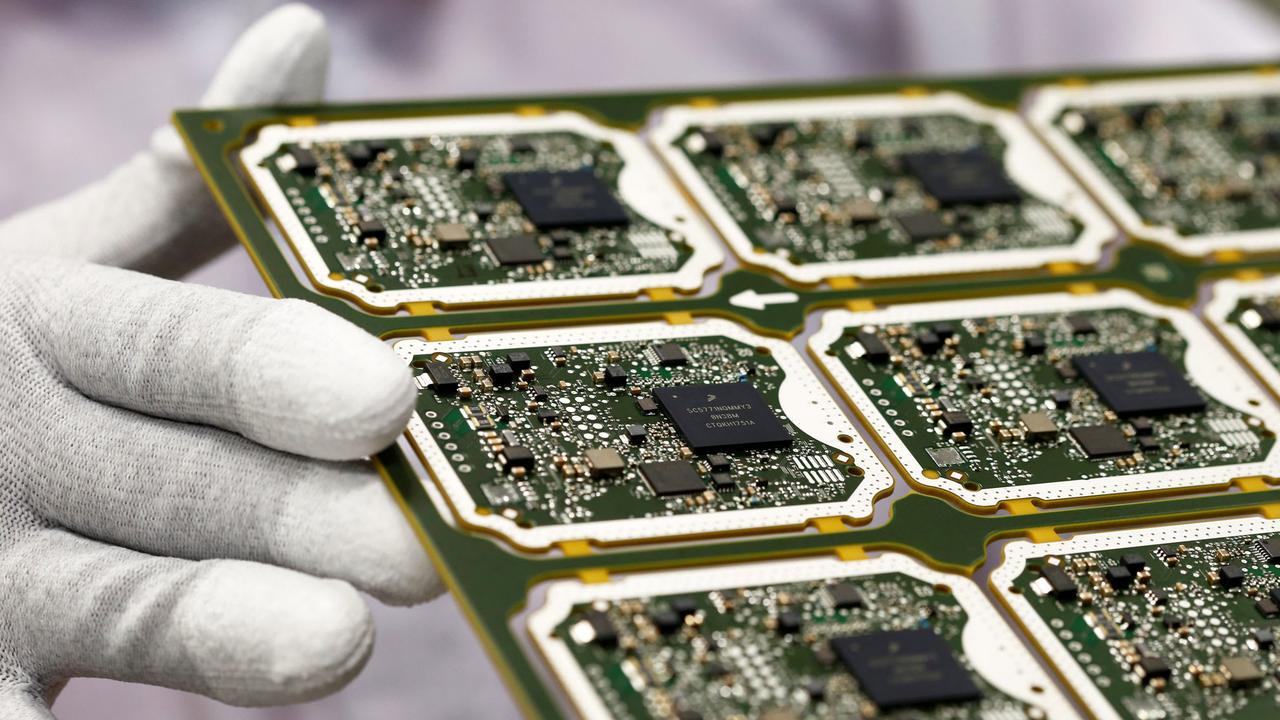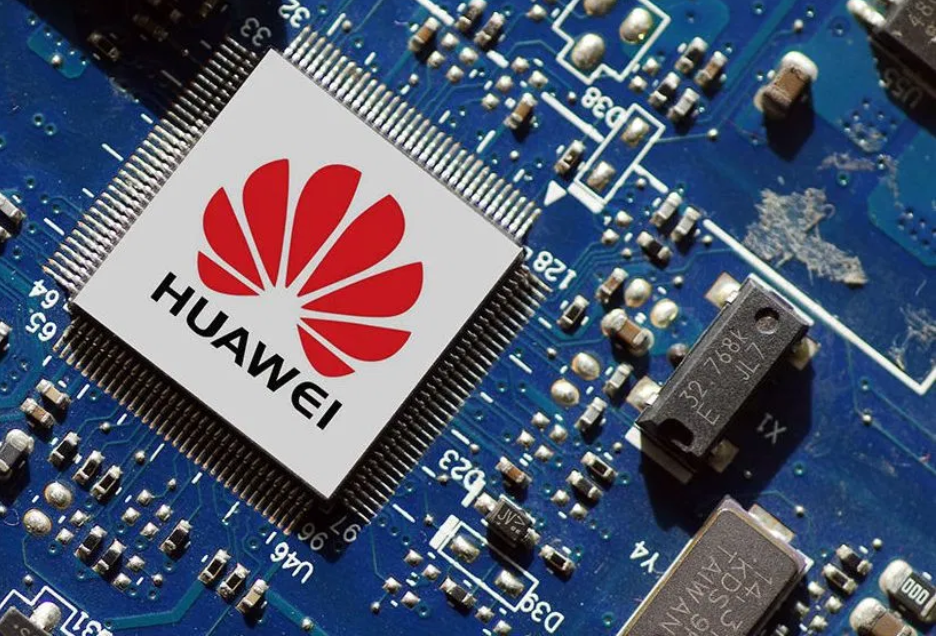Huawei “Outhustles Trump” By Successfully Stockpiling Enough Chips For 5G Rollout
Tyler Durden
Thu, 10/22/2020 – 21:40
As fully expected and predicted it’s now confirmed that that Huawei has successfully thwarted Trump’s sanctions by stockpiling chips to ensure their global 5G rollout runs smoothly with no expected major hitches. Bloomberg writes Thursday that it has effectively “outhustled Trump”:
Huawei Technologies Co. quietly spent months racing to stockpile critical radio chips ahead of Trump administration sanctions, ensuring it can keep supplying Chinese carriers in their $170 billion rollout of 5G technology through at least 2021.
The restrictions were first announced on Aug. 17 to essentially bar Huawei from buying and using any and all microchips without a license from the US. But Huawei had time to rush to stockpile as many chips as it could before midnight on Sept. 14, which is when the new sanctions took effect.
But steps were apparently also put in place long before, as White House rhetoric targeting Huawei and Chinese tech began ramping up in 2019. The result was, as Bloomberg writes:
Partner Taiwan Semiconductor Manufacturing Co. began ramping up output in late 2019 of Huawei’s 7-nanometer Tiangang communications chips, the most crucial element in 5G base stations, people familiar with the matter said. The Taiwanese contract manufacturer eventually shipped more than 2 million units at Huawei’s behest ahead of the sanctions cutoff last month, one of the people said, asking not be identified discussing internal matters. The sheer magnitude of orders at one point got TSMC executives wondering whether they had underestimated global demand, the person said.
Bloomberg still concludes the Trump crackdown on sales of American-made circuitry and software to the Shenzhen-based multinational tech firm has had “mixed success” given it ultimately “knee-capped Huawei’s smartphone business and forced it to curtail device production.”

Recall that Huawei last year managed to unseat Samsung as the world’s biggest smartphone maker. But analysts have warned that the company’s smartphone shipments could fall 75% next year. Above all, Huawei covets chips used in 5G smartphones, which are required for the company’s latest generation of phones, which are 5G compatible, a fact that was supposed to drive an ambitious upgrade cycle.
In the long term, given the Trump administration’s blacklisting a who’s who of China’s tech companies which has put into doubt the country’s continued access to the most advanced chips, China plans to pursue an ambitious new program to establish its own domestic semiconductor industry — crucial in all advanced computerized electronics.
According to multiple reports last month, Beijing national security policies are now rapidly prioritizing this in order to ultimately sever dependency on American tech in the near and long term. American companies remain by far the most advanced in the production of semiconductors.
You will find more infographics at Statista
Bloomberg underscored in a report last month that Beijing will confer “the same kind of priority on the effort it accorded to building its atomic capability.” But such a revolution in China’s domestic chip production would still be many years away, leaving Huawei and others in “survival” and “stockpile” mode for the time being.
Toward this end, Beijing has recently had a benchmark in place to see at least 40% of China’s semiconductor needs met by local manufacturers by middle of next decade.
via ZeroHedge News https://ift.tt/34jTZGI Tyler Durden

